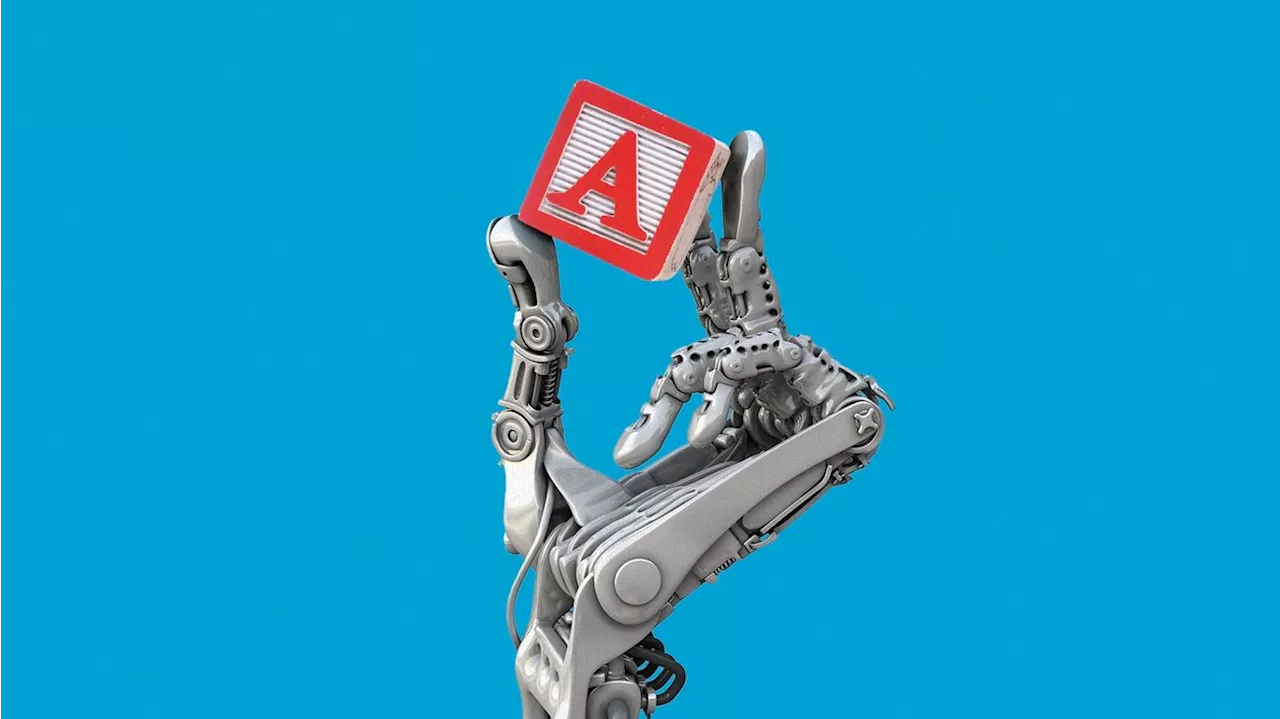Science, Space and Technology News 2024
The University of Cambridge developed a protein atlas that maps protein behavior in human cells, enhancing understanding of diseases like dementia and cancer. This research utilizes AI to reveal new proteins and their interactions within cell condensates.
“This model has allowed us to discover new components in membrane-less compartments in biology as well as discover new principles underlying their function,” said Professor Tuomas Knowles, who led this research.Cells are made of carefully organized molecules and one method they use to organize themselves is by meeting inside a condensate. This hub is microscopic and found inside a cell. These condensates are part of the essential machinery that makes living cells work.
The researchers used large databases, such as StringDB and BioGRID, which contain data on many aspects of cells, along with more in-depth case studies about individual condensates.
United Kingdom Latest News, United Kingdom Headlines
Similar News:You can also read news stories similar to this one that we have collected from other news sources.
 Do genes-in-pieces code for proteins that fold in pieces?A new study offers new insights into the evolution of foldable proteins.
Do genes-in-pieces code for proteins that fold in pieces?A new study offers new insights into the evolution of foldable proteins.
Read more »
 Spliceosomes: New technique tracks proteins involved in RNA splicingBodybuilders and cellular mechanisms agree generating protein is a heavy lift. To complete the task, cells rely on complexes called spliceosomes. These molecular machines snip extra bits out of our genes' RNA copies and piece together precise instructions for protein-building.
Spliceosomes: New technique tracks proteins involved in RNA splicingBodybuilders and cellular mechanisms agree generating protein is a heavy lift. To complete the task, cells rely on complexes called spliceosomes. These molecular machines snip extra bits out of our genes' RNA copies and piece together precise instructions for protein-building.
Read more »
 New method enables fast crystal structure analysis of intrinsically disordered proteinsIntrinsically disordered proteins (IDPs) can dynamically change their conformations depending on their external environment and can, therefore, bind to different compounds. However, they are difficult to analyze.
New method enables fast crystal structure analysis of intrinsically disordered proteinsIntrinsically disordered proteins (IDPs) can dynamically change their conformations depending on their external environment and can, therefore, bind to different compounds. However, they are difficult to analyze.
Read more »
 New fluorescent reporting system illuminates accumulation of unfolded proteins in endoplasmic reticulumThe endoplasmic reticulum (ER) is a major organelle responsible for protein folding and trafficking. Protein folding stress in the ER can lead to the accumulation of unfolded or misfolded proteins, known as ER stress, which activates the unfolded protein response (UPR). However, UPR can also be activated in the absence of ER stress.
New fluorescent reporting system illuminates accumulation of unfolded proteins in endoplasmic reticulumThe endoplasmic reticulum (ER) is a major organelle responsible for protein folding and trafficking. Protein folding stress in the ER can lead to the accumulation of unfolded or misfolded proteins, known as ER stress, which activates the unfolded protein response (UPR). However, UPR can also be activated in the absence of ER stress.
Read more »
 Ex-Meta experts at AI-biotech startup offer tool to create new moleculesScientists are using generative AI to produce and then filter scads of new proteins.
Ex-Meta experts at AI-biotech startup offer tool to create new moleculesScientists are using generative AI to produce and then filter scads of new proteins.
Read more »
 The Reimagined Chateau Opens at NemacolinNew accommodations, a new nightspot, and new amenities enhance the luxe factor.
The Reimagined Chateau Opens at NemacolinNew accommodations, a new nightspot, and new amenities enhance the luxe factor.
Read more »
